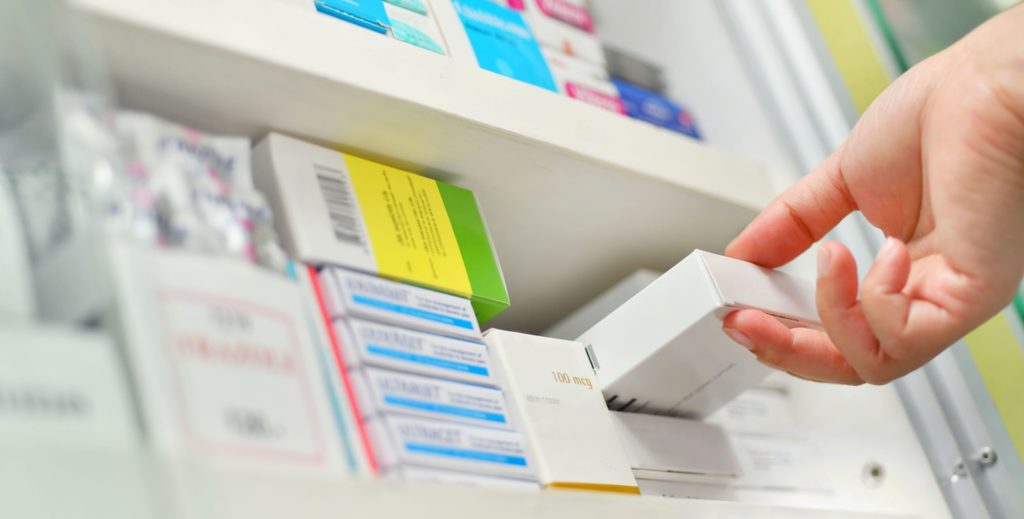
With the government’s current guidelines on limiting non-essential contact with others during Covid-19, it means that there is less face-to-face interaction with clients making visits to the veterinary practice, but the animals still need our help!
This is leading to practices offering remote appointments through the means of video calls, phone calls and emails to “see consults” and to provide triage advice. So what does this mean in regards to prescribing and dispensing medication if the patient requires it?
Under normal circumstances, the RCVS Code of Professional Conduct states that Prescription Only Medicine (POM-V) can only be prescribed by a “veterinary surgeon who must first carry out a clinical assessment of the animal” that is under their care. To be defined as “under their care” means that the prescribing veterinary surgeon has seen the animal immediately before the prescription, or recently/often enough for the veterinary surgeon to have personal knowledge of the condition of the animal.
We have a look at how the RCVS Code of Professional Conduct has made some changes in regards to dispensing and delivering POM-V medications during Covid-19.
Prescribing POM-V medicines without a physical examination:
As previously mentioned, an animal must be examined by a veterinary surgeon immediately prior to medication being dispensed. In order for the veterinary community to continue to provide a service to maintain animal welfare and also ensure practice staff safety through limiting non-essential contact, temporary changes have been made to the legalities around this.
It has recently been announced by the RCVS that POM-V medications can be prescribed remotely. If POM-V medicines are being prescribed remotely, the veterinary surgeon must be satisfied that they have enough information about the patient without physically examining it and that the risk to the patient and/or public health is outweighed by the benefit of receiving the medication. The following must also be considered:
● Can the treatment be delayed until a physical exam is possible?
● That the appropriate quantity of medication is dispensed – i.e. only enough until a physical exam can be performed.
● The owner is clearly informed on how to administer the medication, and they must be able to contact the practice (or an out of hours practice) if they have any concerns.
● Vets need to write detailed notes about their decisions and the reasons/justifications for it as it is important when prescribing remotely
The RCVS also states that the veterinary surgeon must also be in a position to examine the patient if there is any deterioration in the condition to the point where remote support is inadequate.
These changes will be continuously reviewed by the RCVS council and will be reviewed no later than 30th June 2020.
Collecting or Posting Medications:
Ideally, prescriptions should be posted to the client following payment over the phone, limiting any unnecessary face-to-face contact. Vets prescribing remotely can also look at the BSAVA Guide to the use of Veterinary Medicines which is recommended by RCVS.
We have listed below some Royal Mail guidelines and some recommendations if the client must visit the practice to collect the medication (in the case of any controlled drugs).
Posting – Prescription medical can be posted through the Royal Mail. They detail their specific restrictions and packaging guidelines as:
● These must only be sent by a veterinary surgeon.
● The medicines must be securely closed and placed in a leak-proof container such as a sealed polythene bag (for liquids) or a sift-proof container (for solids).
● Must be tightly packed in strong outer packaging and must be secured or cushioned to prevent any damage.
● The veterinary practices name and prescribing veterinary surgeons’ name and return address must be clearly visible on the outer packaging.
● Controlled Drugs must not be sent by post. In extreme circumstances where a client cannot collect the controlled medication themselves a recorded delivery or ‘signed for’ courier delivery is acceptable.
Collecting – If the medication cannot be posted or couriered and the client must collect it, social distancing measures must followed. Ideally the payment is still made over the phone prior to their arrival, and a way for the client to collect the medication away from staff is accommodated. This may be a dedicated box by the front door (inside) of the practice where it can be placed by a member of staff as the client calls the practice to alert them of their arrival.
If at any point your veterinary team is unsure about remotely assisting your clients and patients, please contact the RCVS Advice Team: advice@rcvs.org.uk or 020 7202 0789.
